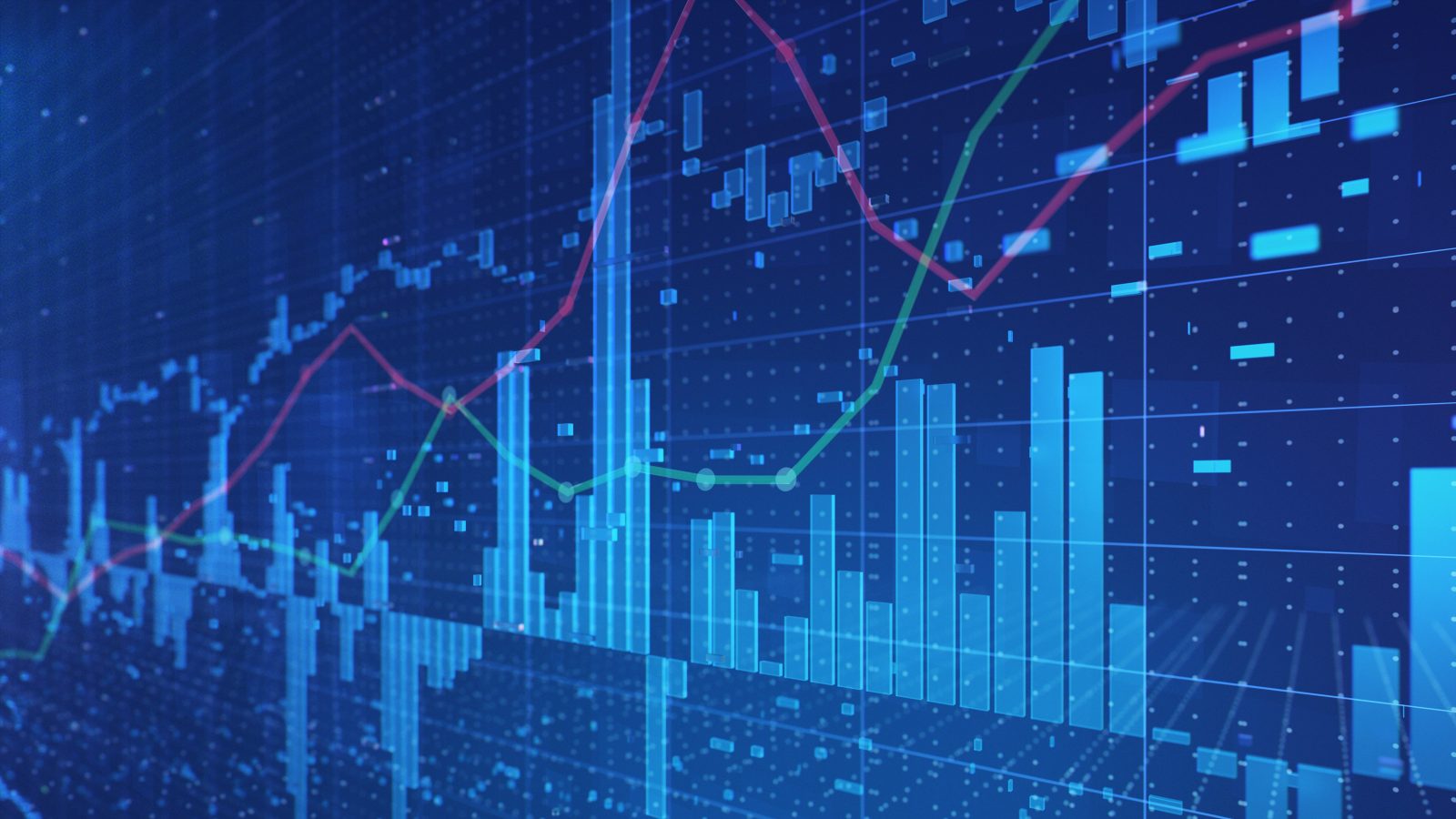6 experts answer your questions about the high inflation
‘Wharton Business Daily’ host Dan Loney chats with economists and investment advisors about the impact inflation has on the economy and why many didn’t see it coming.

In a new episode of Wharton Business Daily on Business Radio (Ch. 132), host Dan Loney chats with economists and investment advisors about factors behind the current record-high rates of inflation we’re experiencing and what potentially lies ahead. Stream the episode now on the SXM App, available for a limited time, and see what the experts had to say below.
Related: Examine gender gap issues in venture capital funding with Randi Zuckerberg
Special guests include:
- Peter Schiff – Chief Economist and CEO of Euro Pacific Capital
- Jason Furman – 28th Chairman of the Council of Economic Advisers (Obama Administration), Professor of the Practice at Harvard
- Troy Gayeski – Chief Market Strategist for FS Investments
- Joao Gomes – Senior Vice Dean of Research, Centers, and Academic Initiatives at the Wharton School
- Ross Gerber – President of Gerber Kawasaki
What caused the high inflation we’re seeing now?
According to Peter Schiff, inflation has been a problem for a long time, and the government wasn’t being honest about the extent of the increase. Last year, the price increases were so high that the Consumer Price Index (CPI) couldn’t hide them anymore. Schiff believes it’s a big problem that’s going to get worse, with 2022 worse than 2021. He also thinks that businesses that were reluctant to raise prices last year will have to raise them this year. The government is spending a lot of money, but we have a record trade deficit, and Americans are leaving the workforce in droves.
In reference to pandemic stimulus checks, Schiff says, “We threw gasoline on the fire on the inflation fire, because we pushed down supply while we were stimulating demand — the worst possible policy mistake… Now, we’re paying the price for that with these big increases in consumer prices.”
Will wages continue to grow in the face of high inflation?
Jason Furman agrees that inflation will be as high this year as it was last year, but he also believes that the Fed will be working to lower it. He acknowledges that while wages have gone up, the prices of consumer goods have gone up even more, so we have to increase wage growth.
“I think the labor market can continue to improve,” Furman says. “The labor force participation rate — the number of people looking for jobs and in jobs — is still on the low side. There’s a lot of people on the sidelines; I’d like to see them coming back over the course of this year.”
The pandemic has created an extremely unique economic environment, and the virus becoming endemic could continue to cause disruptions years out.
Why did no one see these high inflation rates coming?
Nearly no major forecasters predicted inflation at the rates we’re seeing today. “You look at people at the investment banks, at the Fed, at the International Monetary Fund and the like — they all missed it,” Furman points out. “And I think it’s because a lot of people didn’t believe their models.” Inflation was below the 2% target up until the pandemic, and now they’ve overcorrected in the opposite direction.
In terms of getting back to normal, Furman says we need more normal monetary policy, with the Feds raising rates in a predictable manner until they get to neutral, as well as more normal fiscal policy with fewer emergency spending packages. Once the pandemic allows us to get back to our normal lives, people will stop panic-buying consumer goods and return to more normal patterns of consumption.
What are the impacts of high inflation?
“Inflation is political and economic enemy number one right now,” says Troy Gayeski, negatively affecting both Main Street and Wall Street. He believes what we’re seeing now stems from unprecedented supply chain constraints, an artificially tight labor market, and — similar to what Schiff said — massive money supply growth and fiscal stimulus. “We have 41% more money supply today than we did pre-pandemic,” he adds and doesn’t recommend any additional stimulus.
Will the Federal Reserve increase U.S. interest rates?
Furman and Gayeski believe we’ll see four rate increases in 2022. “If not for inflation,” Gayeski explains, “The Fed wouldn’t be forced to move faster, which wouldn’t have already led to the correction in the NASDAQ and the mini-corrections in the DOW and S&P.” But, he warns, it could impact Democrats negatively in a political sense for the midterm elections if the Fed tightens too fast. On the flip side, Americans will feel immediate positive changes in their immediate wallets if inflation is constrained faster, even if it causes market angst.
For more information about Business Radio, click here.

Music, Sports, News and more
All in one place on the SiriusXM app


